Scientific board
The Scientific Advisory Board (SAB) is the body that assists the Ring14 International Board of Directors in defining strategies of the Association and in evaluating projects under consideration.
Main tasks of SAB:
- identify appropriate and innovative objectives for scientific research that could lead to advances in the knowledge and treatment of Chromosome 14 syndromes;
- manage Peer Review associated with grant proposals submitted to Ring14;
- identify strategies to engage and interest researchers on Chromosome 14 syndromes (e.g., symposia, conferences, workshops);
- provide guidance on collected data and samples from families to help facilitate effective research strategies on Chromosome 14 syndromes;
- exercise advisory functions on all matters conferred to it by the Ring 14 Board.
- evaluate the scientific validity of reports, including those made public, produced in the name of or on behalf of the Association. All documents to be published by the Association (articles, presentations at conferences ...) containing scientific content are provided to SAB by the Board of Ring14 for review.
Composition and main Functions
- The members of SAB are scientists selected and appointed by the Board of Directors of Ring14 International.
- SAB members should be scientists of high international profile, with expertise in genetics, neurology, cell biology, or other appropriate disciplines.
- The role required of SAB members is not limited to their specific expertise. Each member should be able to discuss, evaluate and participate in all SAB activities. Every member of SAB must be a scientist with a broad view.
- Members of SAB are appointed as individuals and not as representatives of a particular organization, institution, or interest group. Their obligation is to act in the best interests of the Ring14 International.
- SAB appointments shall be for three years and may be renewed.
SAB MEMBERS 2015-2017 commision:
Scientific CommitteeProf. Neri Giovanni
Chair |
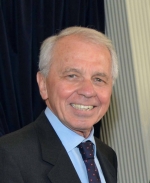 |
Scientific CommitteeProf. Antonarakis Stylianos
University of Genève - Switzerland |
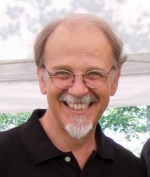 |
Scientific CommitteeProf. De Camilli Pietro
Yale School of Medicine - USA |
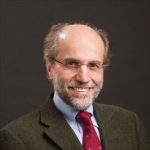 |
Scientific CommitteeProf. Dewoody Andrew
Purdue University - USA |
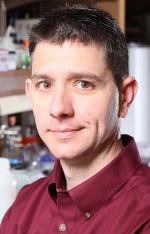 |
Scientific CommitteeProf. Hieter Phil
The University of British Columbia - Canada |
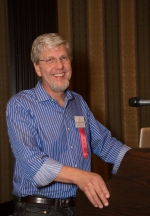 |
Scientific CommitteeProf. Wynshaw-boris Anthony
Department of Genetics and Genome Sciences, School of Medicine Cleveland - USA |
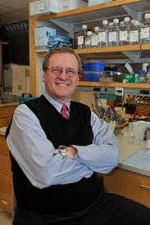 |






